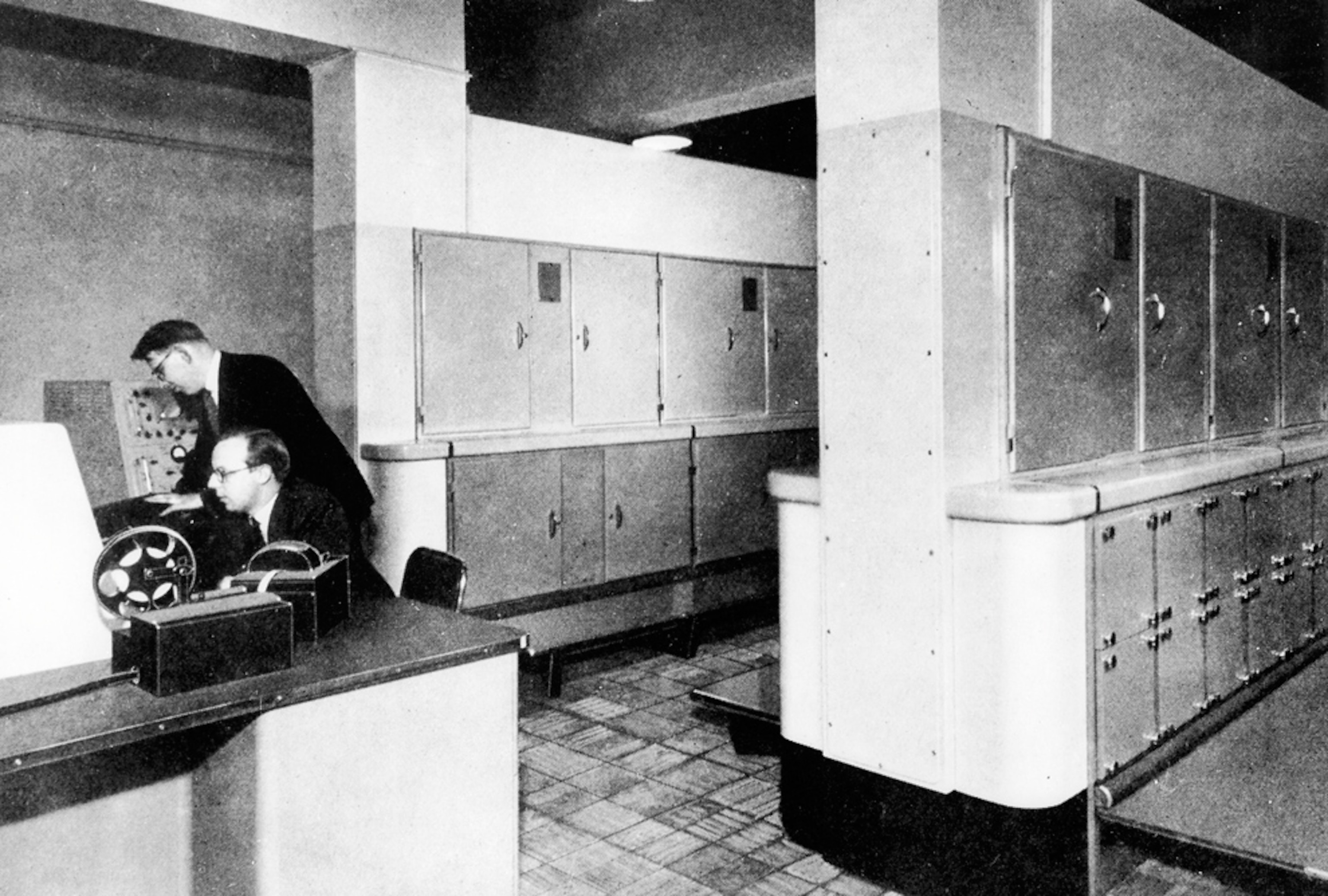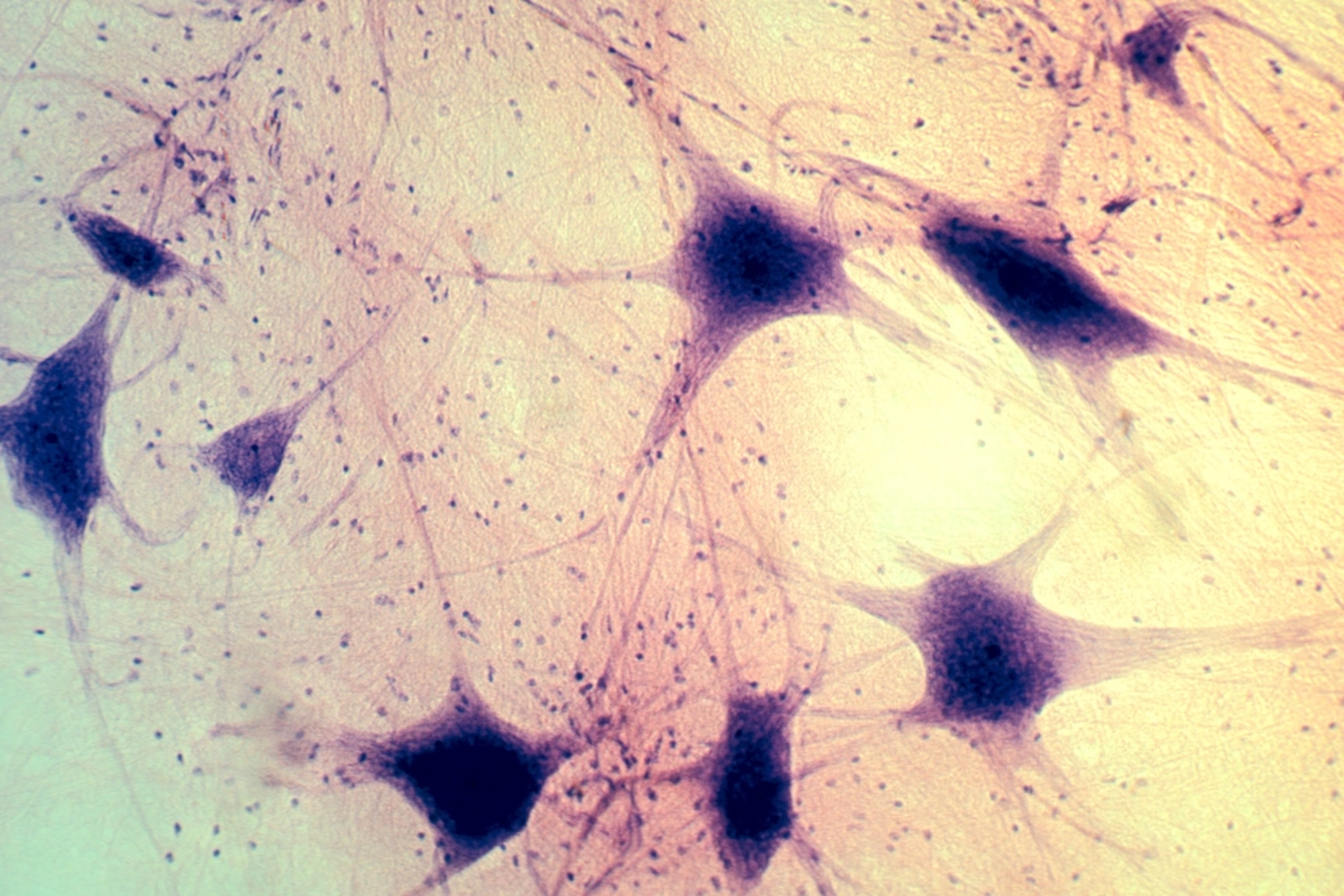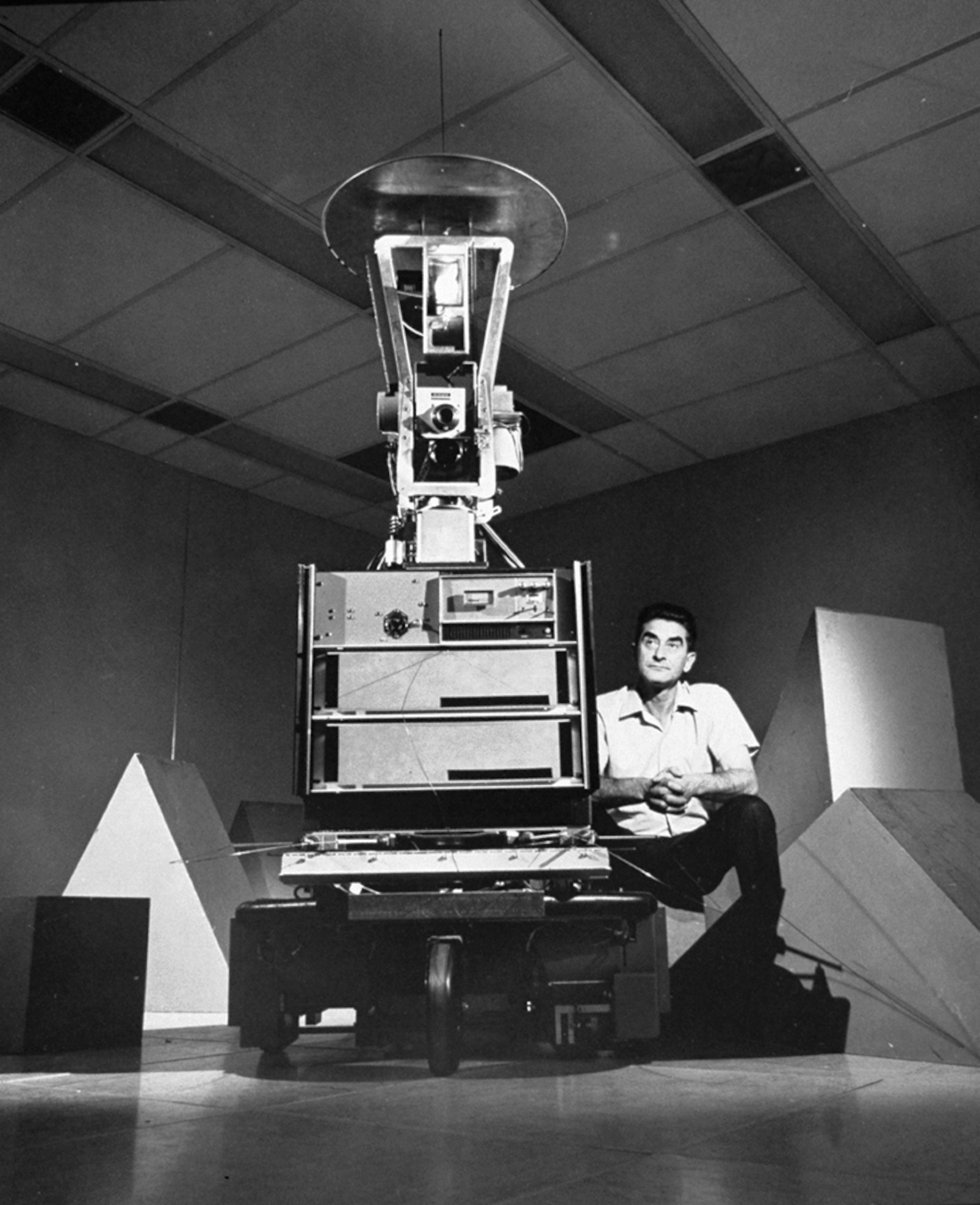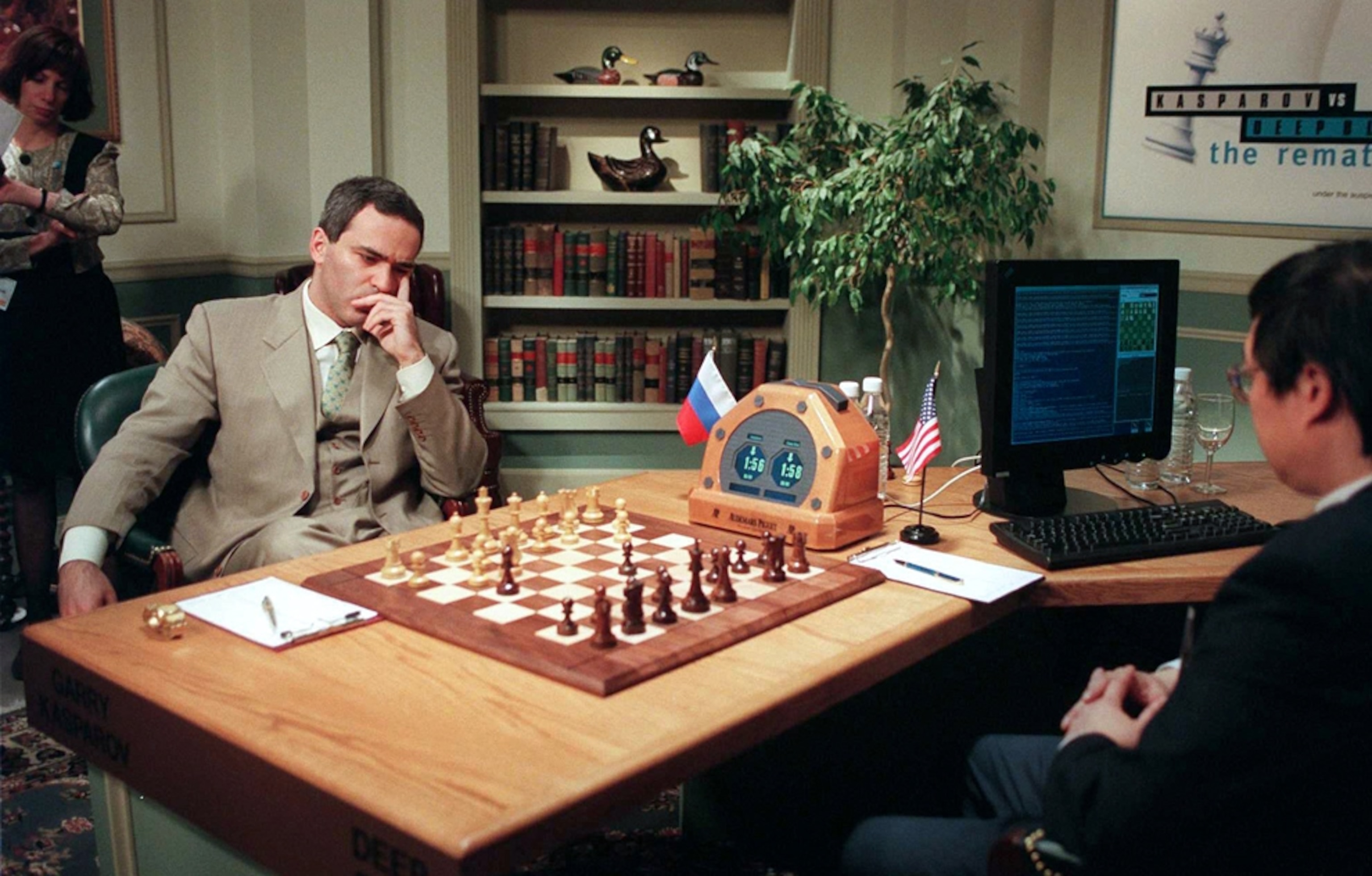Photograph by Seth Wenig, AP
Watson Wins Jeopardy!—6 Artificial Intelligence Milestones
IBM's Watson seemingly came from out of nowhere to win Jeopardy! But the computer is just the latest artificial intelligence sensation.
Published February 18, 2011





